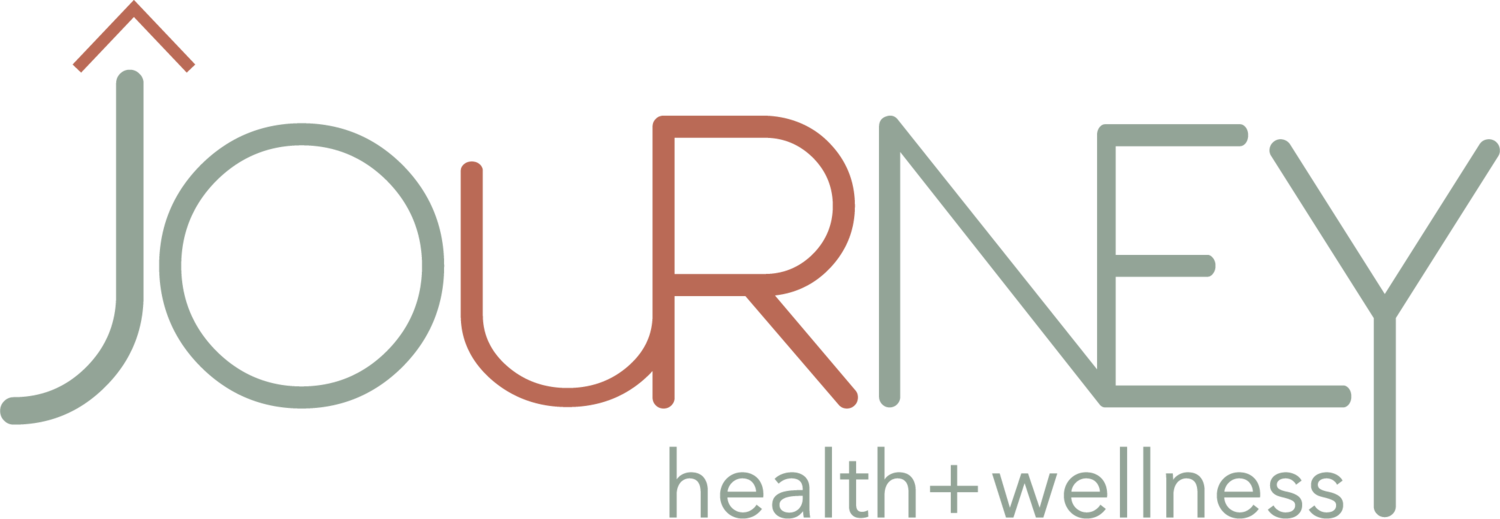Why Detoxing is Essential in Today’s World
Toxic chemicals don’t belong in our bodies.
The human body can handle small amounts of toxins through natural detoxification processes, primarily through cells, organs and tissue, lymphatic system, liver, kidneys, bile ducts, and colon. However, the cumulative effect of repeated exposure to low levels of toxins can overwhelm these systems and spill over to other systems. Like overflowing a bucket, the toxins must go somewhere. They can be stored in other locations of your body, such as tissue and fat cells, or pushed out through other means, such as the skin. Detoxing may be talked about in all of our Discovery services. Use the Easy Appointment Scheduler to Book An Appointment!!
Consistent overflow without giving your body a break or the right support can lead to chronic health conditions. Some of these conditions include:
Hormonal Disruption: Many toxins, particularly endocrine disruptors like phthalates and bisphenol A (BPA), can interfere with hormone production and regulation, leading to reproductive issues, metabolic disorders, and developmental problems.
Immune System Suppression: Prolonged exposure to toxins can weaken the immune system, making the body more susceptible to infections, autoimmune diseases, and cancers.
Neurological Damage: Heavy metals, solvents, and other neurotoxins can affect brain function, leading to cognitive decline, ADHD, memory loss, and neurological diseases like Parkinson's and Alzheimer's.
Open Pathways vs Overwhelmed Pathways
Exposure to toxins, even in small amounts, affects the body at a cellular level by disrupting the cell’s mitochondria, which is the power source of cells. The more toxins present the less energy your cells have the more inflammation, skin irritations, brain fog, depression, irritability, moodiness, fatigue, and anxiety you may experience. These are just the beginning signs of an overloaded system.
If you have a pre-existing condition, an autoimmune issue, or trauma, naturally supporting your detoxification pathways and systems can be vital for a better quality of life and decreased pain levels.
Use code “1BjXr3FL“ at checkout
Don’t know where to start? Order the jumpstart kit to kickstart your detoxification protocol and support your detoxification organs. This is a good first step for someone who has never completed a detox/cleansing protocol. It prepares the body for a deeper and more systemic protocol.
Want to customize your protocol based on your specific toxin levels?
Book a consultation to test your toxin load for more customized protocols and targeted results.
Minimizing Exposure and Protecting Your Health
While it is impossible to eliminate exposure to harmful toxins, there are steps we can take to minimize the risk:
Adopt a detoxification protocol and routine to support your detoxification pathways.
Be aware of where your exposure is coming from, you can customize your protocols based on your lifestyle.
Choose natural or organic personal care products and household cleaners to reduce skin exposure to harmful chemicals.
Eat a diet rich in organic foods and reduce the consumption of processed foods to limit ingestion of pesticides and additives.
Filter drinking water to remove contaminants and be aware of any advisories regarding water quality in your area.
Participate in detoxification therapies and lifestyles such as lymphatic draining, infrared sauna, colon hydrotherapy, coffee enemas, exercising, massage therapy, and more.
Move your body! Sweating and drinking plenty of water are some of the best natural detoxification methods you can give your body.
Ensure good ventilation and limit moisture in your living and working spaces to reduce inhalation of indoor pollutants and mold growth.
By being aware of the various ways toxins can enter our bodies and taking proactive measures, we can reduce our exposure and protect our long-term health.
The key is to make informed choices in our daily lives, from the products we use to the food we eat, ensuring that we minimize our contact with harmful substances.
Common Toxins and Their Sources
Airborne Toxins
Pollution: Industrial emissions, vehicle exhaust, and even household cleaning products release harmful chemicals into the air, such as carbon monoxide, sulfur dioxide, and volatile organic compounds (VOCs).
Pesticides: Sprayed on crops and gardens, pesticides can drift through the air and be inhaled.
Food-Related Toxins
Pesticides and Herbicides: Found in non-organic fruits and vegetables.
Additives and Preservatives: Chemicals like artificial colors, flavors, and preservatives in processed foods.
Heavy Metals: Mercury in certain fish, lead in old pipes, and cadmium in industrial emissions can contaminate food and water supplies.
Genetically Modified Organisms (GMOs): Often associated with higher pesticide use.
Water Contaminants
Chlorine and Fluoride: Commonly added to tap water for disinfection and dental health but can have adverse health effects in high amounts.
Heavy Metals and Chemicals: Industrial runoff can introduce lead, mercury, and other harmful substances into water supplies.
Pharmaceuticals: Medications flushed down the drain can end up in water sources.
Personal Care and Household Products
Phthalates and Parabens: Found in many cosmetics, lotions, and shampoos.
BPA (Bisphenol A): Used in plastics and can leach into food and beverages from containers.
Formaldehyde: Present in many household cleaning products and building materials.
General Benefits of Adding a Detoxification Routine.
Enhanced Energy Levels: Removing toxins from your body can improve your energy levels and overall vitality.
Improved Digestion: Detoxing helps to cleanse your digestive system, reducing bloating, constipation, lack of nutrient absorption, and other digestive issues.
Stronger Immune System: A detoxified body is better equipped to fight off infections and illnesses.
Clearer Skin: Toxins can contribute to skin problems like acne and dullness; detoxing can help achieve a clearer, healthier complexion.
Mental Clarity: Eliminating toxins can improve mental focus and reduce brain fog.
Detoxing is not just a trend; it's a vital process for maintaining health in today's toxin-laden world. By understanding where the most common toxins are found and taking steps to reduce exposure and support our body's natural detoxification processes, we can improve our overall well-being and lead healthier, more vibrant lives. Embrace detoxing as a part of your lifestyle to ensure your body remains in its best condition amidst the challenges of modern living.







